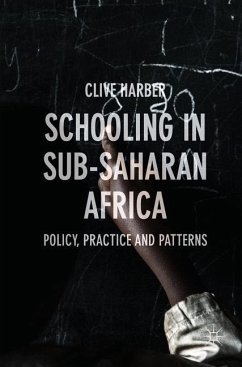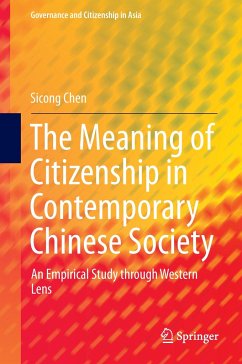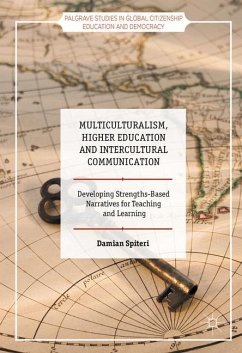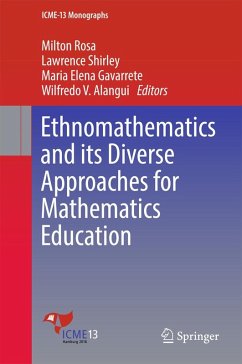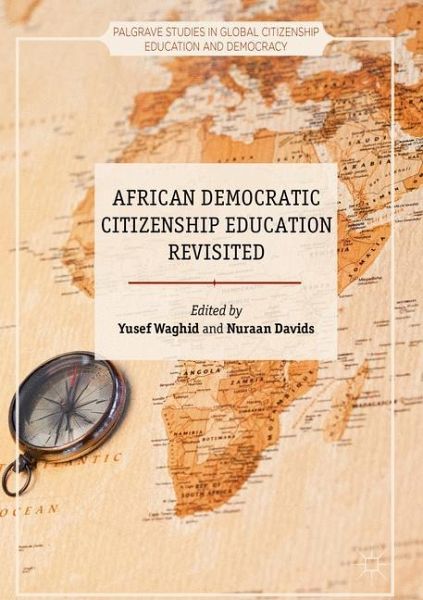
African Democratic Citizenship Education Revisited

PAYBACK Punkte
49 °P sammeln!
This edited collection explores how democratic citizenship education manifests across the African continent. A recognition of rights and responsibilities coupled with an emphasis on deliberative engagement among citizens, while not uniquely African, provides ample evidence that the concept can most appropriately be realised in relation to its connectedness with experiences of people living on the continent. Focussing on a diverse collection of voices, the editors and authors examine countries that have an overwhelming allegiance to democratic citizenship education. In doing so, they acknowledg...
This edited collection explores how democratic citizenship education manifests across the African continent. A recognition of rights and responsibilities coupled with an emphasis on deliberative engagement among citizens, while not uniquely African, provides ample evidence that the concept can most appropriately be realised in relation to its connectedness with experiences of people living on the continent. Focussing on a diverse collection of voices, the editors and authors examine countries that have an overwhelming allegiance to democratic citizenship education. In doing so, they acknowledge that this concept, enveloped by a certain Africanness, has the potential to manifest in practices across the African continent. By highlighting the success of democratic citizenship education, the diverse and varied contributions from across this vast continent address the malaise in its implementation in countries where autocratic rule prevails. This pioneering volume will be an invaluable resource for researchers and students working in the fields of education and sociology, particularly those with an interest in education policy, philosophy of education and global citizenship initiatives.








